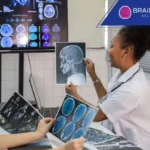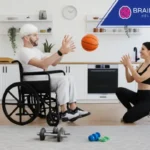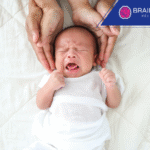As concussion and head trauma continue to pose real and serious risks to Australians, a Senate inquiry into concussions and repeated head trauma in contact sports is gaining momentum.
Recent hearings have seen the AFL acknowledge the association between head trauma and chronic traumatic encephalopathy, a neurodegenerative disease found in deceased players. However, concussions are not limited to contact sports, with nearly 3,100 hospitalizations in 2020-21 due to concussions caused by various sports.
Research reveals that individuals respond differently to concussions, and identifying reliable indicators of specific or long-term effects remains challenging. Multiple concussions and the severity of symptoms play a significant role, and emerging studies suggest that a person’s genes may also influence their response.
Studies on genetics and concussion have linked certain gene mutations, particularly in ion channel genes, to heightened susceptibility to concussions.
For example, mutations in the calcium channel gene CACNA1A have been associated with severe migraine and motor impairment, making patients highly sensitive to head impacts. Additionally, mutations in the ATP1A2 gene, which controls brain sodium and potassium levels, have been linked to concussion symptoms following mild head trauma.
Further investigations conducted on 117 individuals affected by concussions identified mutations in 21 ion channel genes, 14 of which could impact concussion susceptibility or outcomes. Moreover, genetic variations in the ApoE gene, responsible for cholesterol transport and associated with Alzheimer’s disease risk, have been linked to poorer and more long-term concussion outcomes.
While the potential use of genetic testing for assessing injury predisposition in sports raises important ethical and legal questions, further research is needed to fully understand the implications.
As the Senate inquiry raises awareness of concussion-related risks, victims of accidents resulting in brain injuries are encouraged to contact the Brain Injury Help Center in California for legal assistance in obtaining medical treatment and seeking compensation. If you or a loved one has suffered a brain injury due to an accident, reach out to us today.









